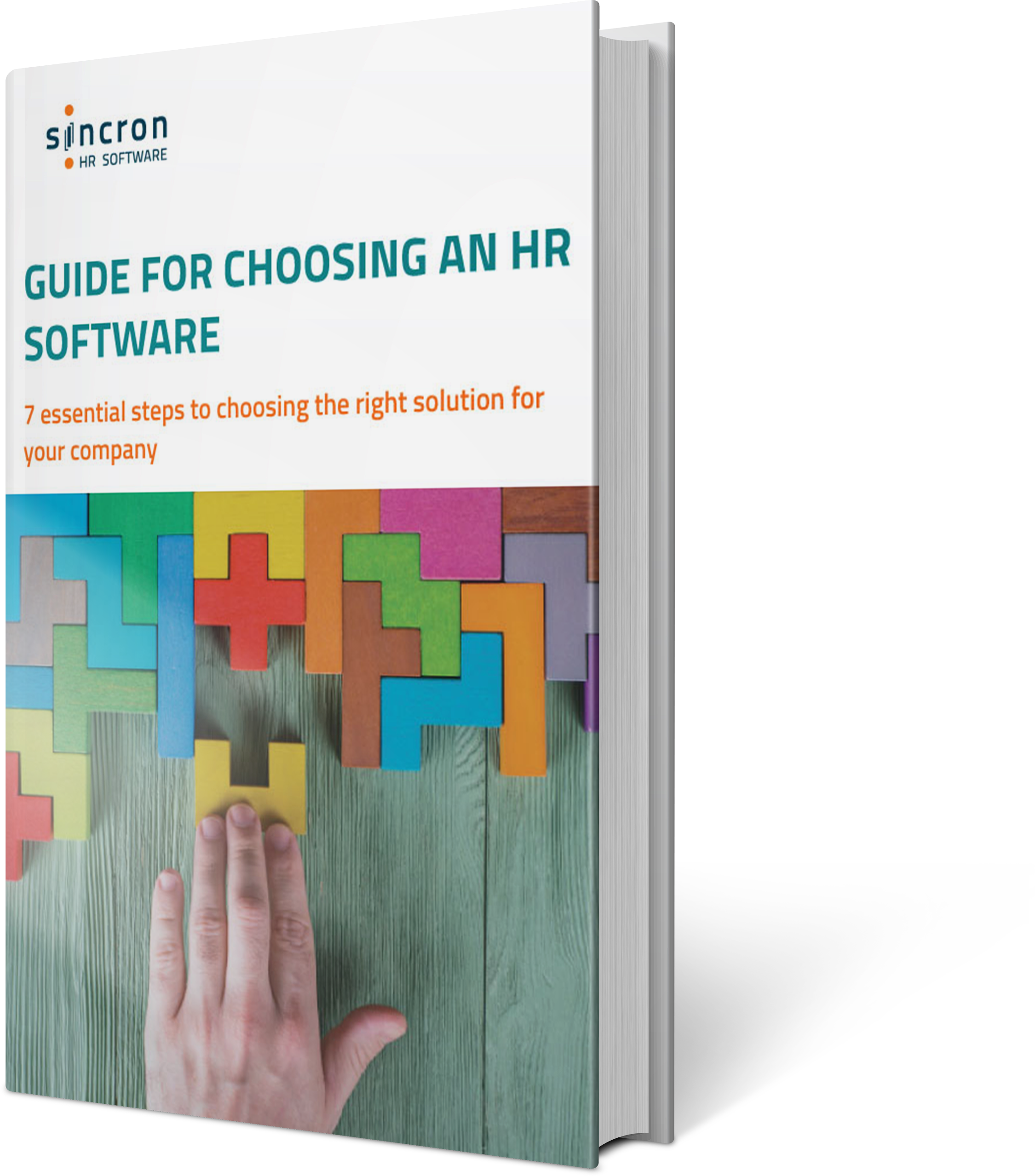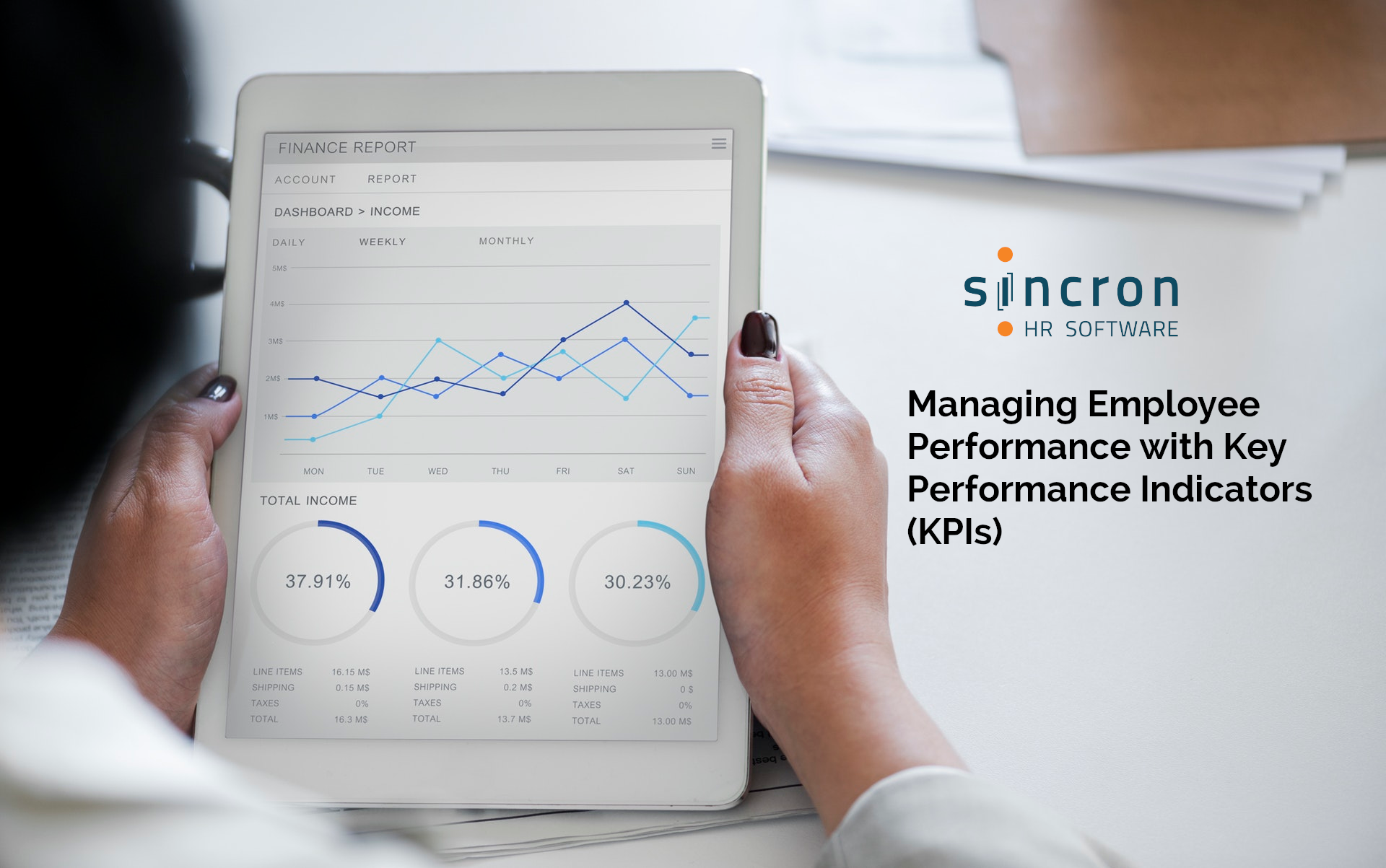Top 7 Trends Marking the HR Industry in 2019
In the past few years, technology has taken over more and more of the repetitive processes carried out by HR departments. Due to the increasing efficiency of human resources management software more HR departments are being tasked with strategic initiatives involving the implementation of business strategies.
This includes efforts to update and align privacy policies to legal (GDPR) requirements, managing large amounts of personal data, addressing staff shortages, working on employer branding, and diversifying recruitment channels to include social networks, job fairs and career events.
Let’s see what we might expect from 2019 when talking about HR industry trends.
Context
The year 2018 marked the launch of General Data Protection Regulations (GDPR) in the European Union affecting multinational organizations worldwide. Many HR departments struggled to adopt the new standards because of the significant volume of personal data requiring review and updating. HR software solutions were also required to be in alignment with the new laws.
Process digitalization, a trend which brought changes to human resources departments, continues to be a challenge. A recent KPMG survey* (comprising the opinions of 1,200 HR leaders throughout the world) entitled “The future of HR 2019: In the Know or in the No” found companies approaching digitalization in very different ways.
One the one hand, we have the trend-setters, the organizations that quickly adopted digitalization, but there are also companies that are reluctant to change or afraid of it, which prefer to ignore the phenomenon, at least for the moment.
The past few years were characterized by the entry of “generation Z” to the employment market, the digital natives. They are the children of the baby boomers and of generation X, and technology holds no secrets for them.
The members of generation Z were raised to be independent, with high adaptation power; money is not the most important argument for them when selecting a job – as it was the case for their predecessors, the millennials. The youngsters from generation Z are more likely interested in the possibility to do what they want, in having some flexibility in their schedules and responsibilities, and they like to know that what they do matters – for them, as individuals, and the community in general.
This large and intelligent generation has brought a series of changes in employee management that will certainly continue – more flexibility in the workplace, increasing relocation requests, and the quicker embracement of technology. These trends will become more pronounced as this generation attains a more significant position in the employment market.
HR Industry Trends in 2019
Digitalization. Technology impact for the HR team
Many companies understood the importance of automating repetitive processes consuming HR departments. The decision to invest in a human resources software allowed HR specialists to focus more on the essential aspects of the strategic activities being carried out.
Some companies chose an all-in-one solution, such as Sincron HR Software, a complete HR platform. It integrates processes such as organization management, recruitment and onboarding, personnel management or employee assessment. Sincron HR Software also includes modules for time and attendance, training management or internal communication, along with employee self-service features and HR analytics and reports. Many companies chose to integrate (via API) their HR information system with their payroll provider (i.e. Payworks, ADP, Inclusion, IBEX, Quickbooks, Sage etc.) so their payroll department was able to use industry-leading software that complimented their HRIS. This is important as it allowed these organizations to generate important reports and eliminate duplication of data entry. From a risk management perspective, their data is more secure, they could add single sign-on capability, and their payroll team were not left using a less capable internal payroll module.
Many organizations chose to automate the processes requiring high energy and attention input from employees – given the legal implications and their repetitive nature – such as staff management, timesheets, and payroll.
The advantages of automation also relate to the observance of GDPR standards, to which HR software platforms such as Sincron HR Software have already aligned.
The strategic role of the HR team adds to their classic, functional role
HR departments are going through a series of changes pertaining to the critical role they play within the organization. If the classical role was a functional one relating to payroll, staff management, recruitment etc., the past years have marked a change, towards a more significant role in executing critical business strategies.
Data digitization and workflow automation play a part in this change. In HR systems taking over repetitive tasks, HR employees are able to contribute directly to the organization’s development strategy. The title of HR Business Partners is being used increasingly for positions dealing with consulting and shaping HR strategies in a company.
A different approach for recruiting the best candidates
The classical recruitment channels – job-boards, job fairs or career events, are being supplemented by new channels. Social networks, particularly LinkedIn, are used more often to identify talent. New concepts have emerged lately, such as, for instance, employment branding. Potential employees, especially those belonging to the Millennials and Generation Z, are swayed by the reputation of the company that they will be working for, and/or to the compatibility of its values and mission to their own, hence the need to establish and consolidate a strong and fair employer brand.
Telework
In some countries, laws regulating telework, or work from home, were adopted in 2018, though many companies were already offering this option.
The reluctance of employees and employers to adopt this trend continues to diminish as technology further develops in the field facilitating better communication between the teleworking employee and the rest of the team.
Remote workers may help companies reduce overhead costs and improve retention while helping employees, for example, with family commitments or increased flexibility in their schedule.
Potential to increase wages weighed down by the fear of recession
Favorable economic performance and staff shortages have increased pressure to raise wages. The number of experts forecasting a crisis in the following years has increased.
Employee attitude is becoming increasingly important
When discussing talent recruitment, it is notable that organizations place more and more value on a certain attitude, in line with the company culture and the way it operates.
While experience is important a company will appreciate a candidate willing to learn and contribute to the development of the company and who has initiative and ideas that can be put into effect. This profile is frequently sought by recruiters – for many positions. A lack of experience can be quickly recovered by a positive, forward-looking attitude and desire to learn.
Conclusions
2019 will certainly be an important year for the HR industry. The increasingly quick evolution of technology will help unburden HR departments from repetitive tasks while involving them more in strategic initiatives.



